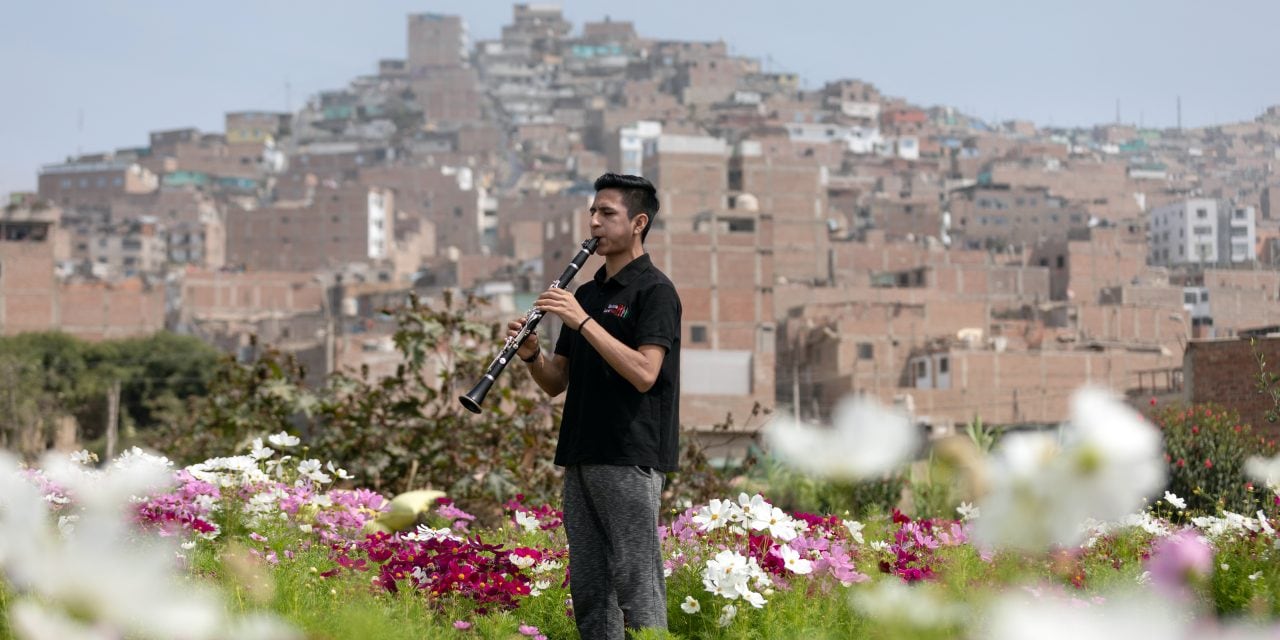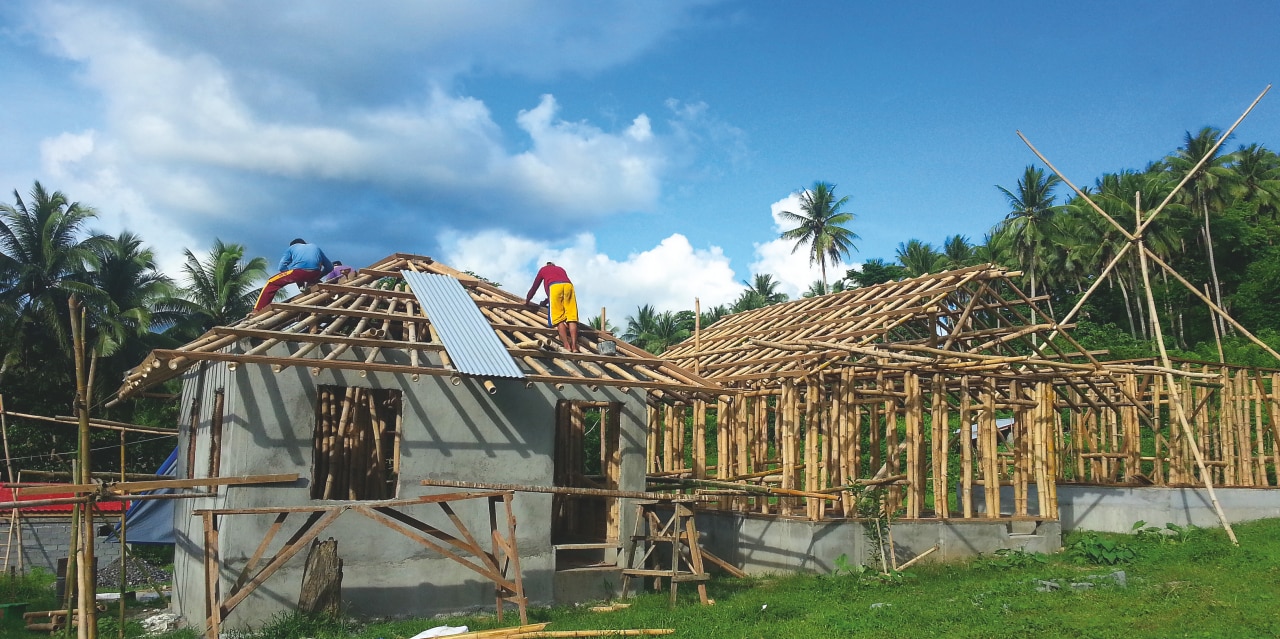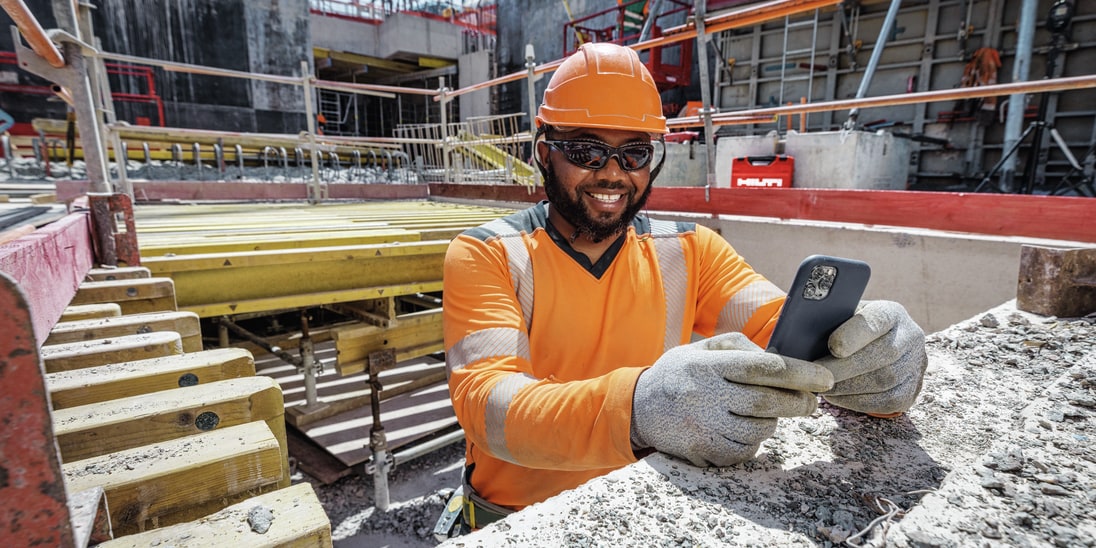- Home
- Company
- Newsroom
- Hilti Stories
- When Talent Meets Opportunity – The Story of Ruth Wairimu
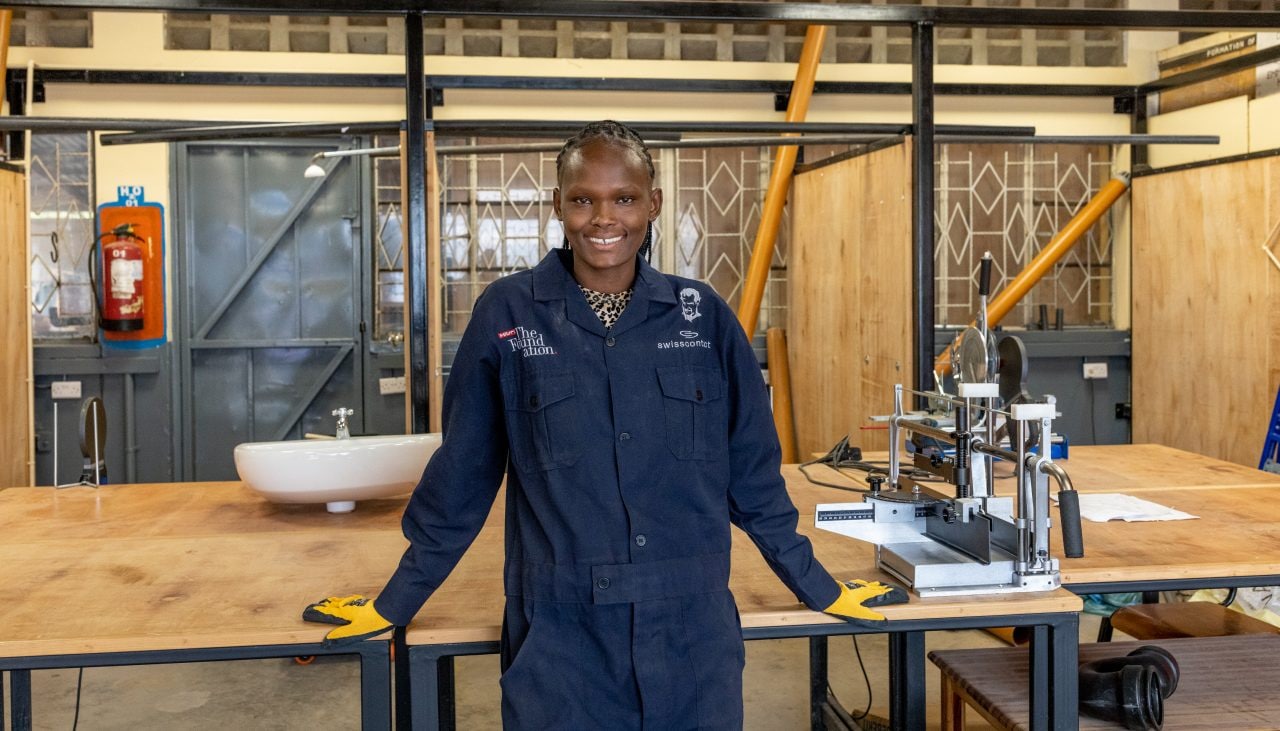
When Talent Meets Opportunity – The Story of Ruth Wairimu
Produced by the Hilti Foundation | August 9, 2023
“Where I come from, schooling is not a priority. The best level of education people get here is high school. That's why you see girls of my age doing everything they can to make ends meet at home.”
Every year, about a million young people flood the Kenyan labor market. Most of them have little chance of finding a job because they lack the financial means to attend college or university. Adding to the problem, the current Kenyan vocational training system is largely disconnected from the needs of the private sector.
This was the case for Ruth Wairimu from Nairobi. After graduating from high school, the 22-year-old stayed at home for almost two years. Like many others, she struggled to make ends meet by doing various odd jobs. Due to her education, she could not find a stable source of income.
That is why the Hilti Foundation, together with Swisscontact and local Kenyan experts, launched PropelA, a training model that focuses on giving underprivileged young adults in Kenya different skills that meet the needs of the market. With this model, popular in Switzerland, apprentices are taught techniques in school and can directly apply them in practical commercial scenarios by working with a company active in an established trade.

A chance for young adults in Kenya
Through the Internet, Ruth learned that PropelA was looking for struggling young men and women between the ages of 18 and 25, who hold a primary school diploma and initial craftsmanship experience, or equivalent, for this practical training program.
Young trainees go through comprehensive training, with a curriculum defined by Swiss & Kenyan experts. They learn using modern technology that meets the high standard of vocational education in Switzerland. The Hilti Group provides the training schools with high-quality equipment and tools.
"It's a real deal: You get to interact with what you see in the books; you get firsthand information and work with experienced people." Not only was she taken with the fact that the new form of training was completely free, but she also liked the concept of going to school and doing an internship at the same time.
"We practically get the benefits of a high-quality education at a private school without paying fees," says Ruth.
The motivation of the young applicants goes even further: One young woman shares why training to become a plumber is important not only for her future, but also for her community: "Where I come from, there is no water. If I become a plumber, maybe I can build a well and bring water to our village."
Female empowerment
At the partner company, the apprentices are enabled to put what they've learned into practice. The fact that Ruth has chosen to work in a male-dominated industry has turned out to be a bit of an advantage, "It's easy for us girls to be successful in plumbing. We get the skills we need, and we get a chance to be trusted because girls are easy to trust."
She has been offered a training contract with Davis & Shirtliff, one of the leading plumbing and electrical companies in Kenya. Upon graduation, she will not only have the skills she needs, but will also gain work experience with one of the largest companies in the country. "Why wouldn't another company want to hire me [afterwards]?" she asks with a broad smile.
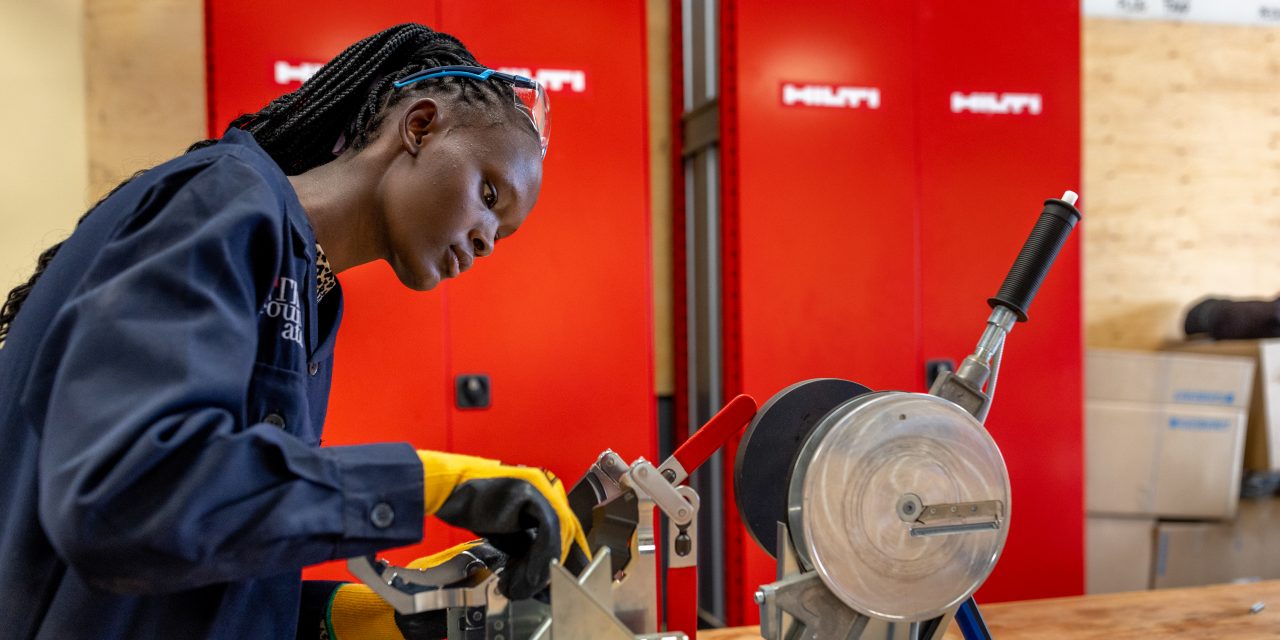
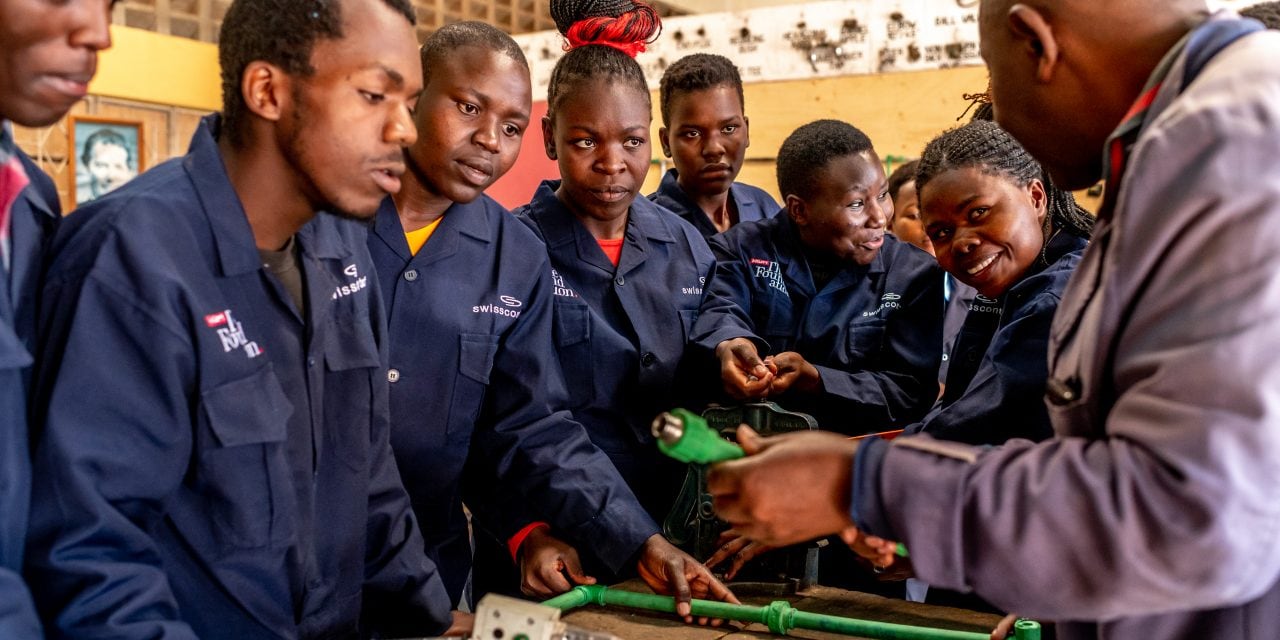
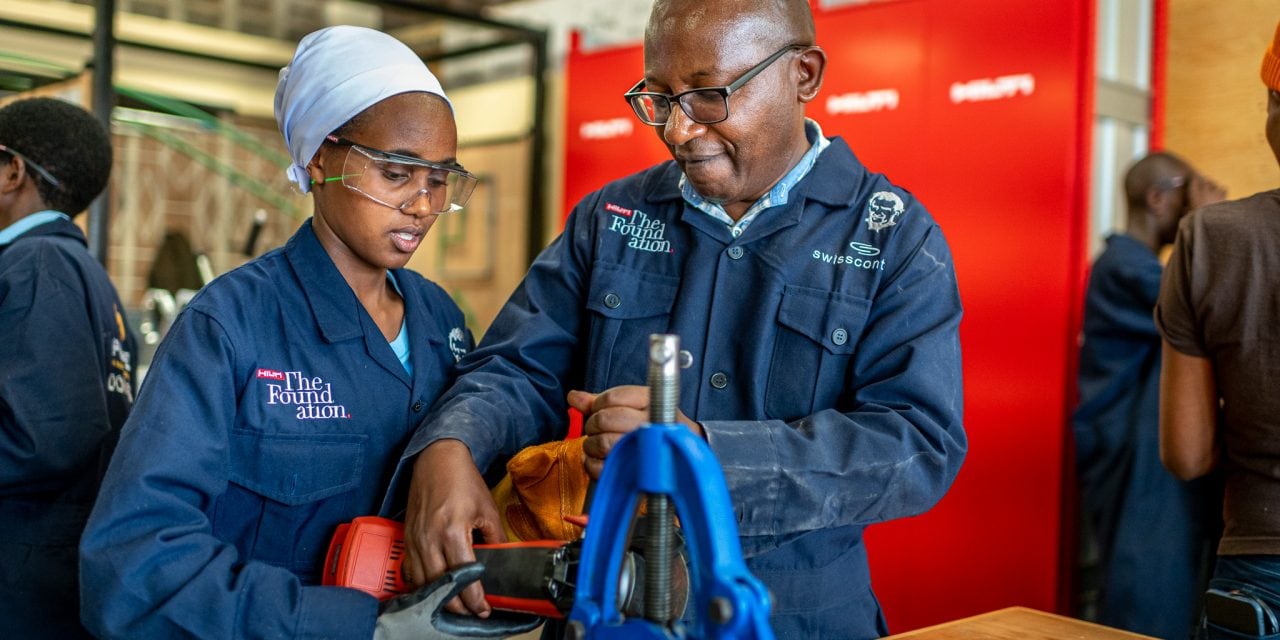
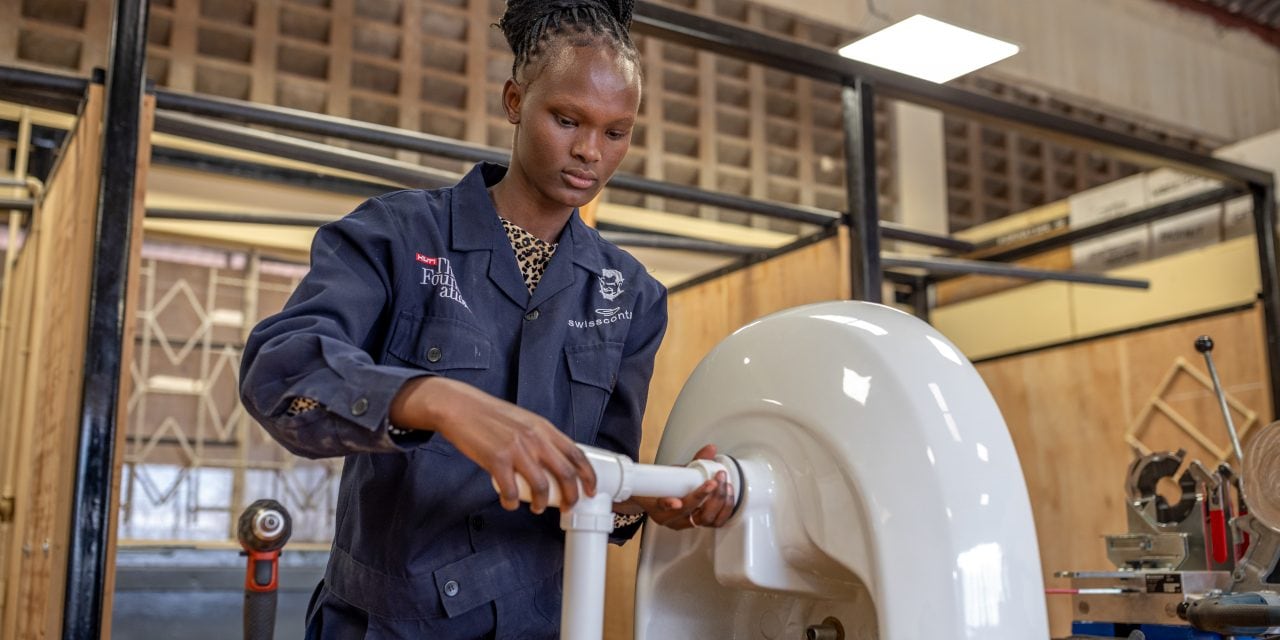
It’s all about mindset – don’t give up
Ruth used to be a quitter: "I used to be the girl who literally quit everything if it didn't align with my heart and feelings - including jobs," she says.
Starting over was quite a challenge. Ruth questioned whether she should quit and go back to her path in fashion. "But I didn't. I stayed. I've continued for almost six months now. And I decided that this is the path I want to take. No more quitting. I'm never going to start something that I'm not going to finish, no matter how hard it's going to be."
Her mother is very proud of Ruth and supports her. Especially when something at work doesn't go as expected or when her daughter compares herself to classmates who have done a better job. "My mom told me that there will always be a number one, and even if you're the last, it doesn't mean you're not smart."
The young woman has also learned that every day is a new day. "Even if today is not good, tomorrow will be good. Even if all you can see is bad, there's always something good. And if you're wondering whether you'll make it or not – you're right either way. What matters is your attitude."

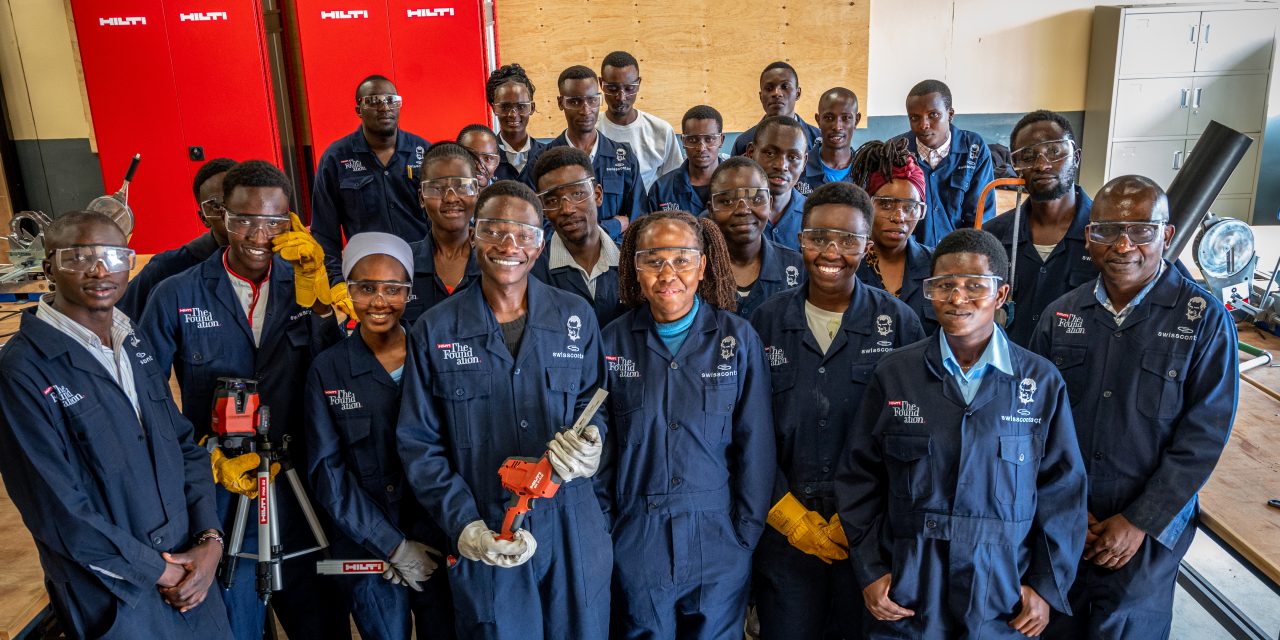
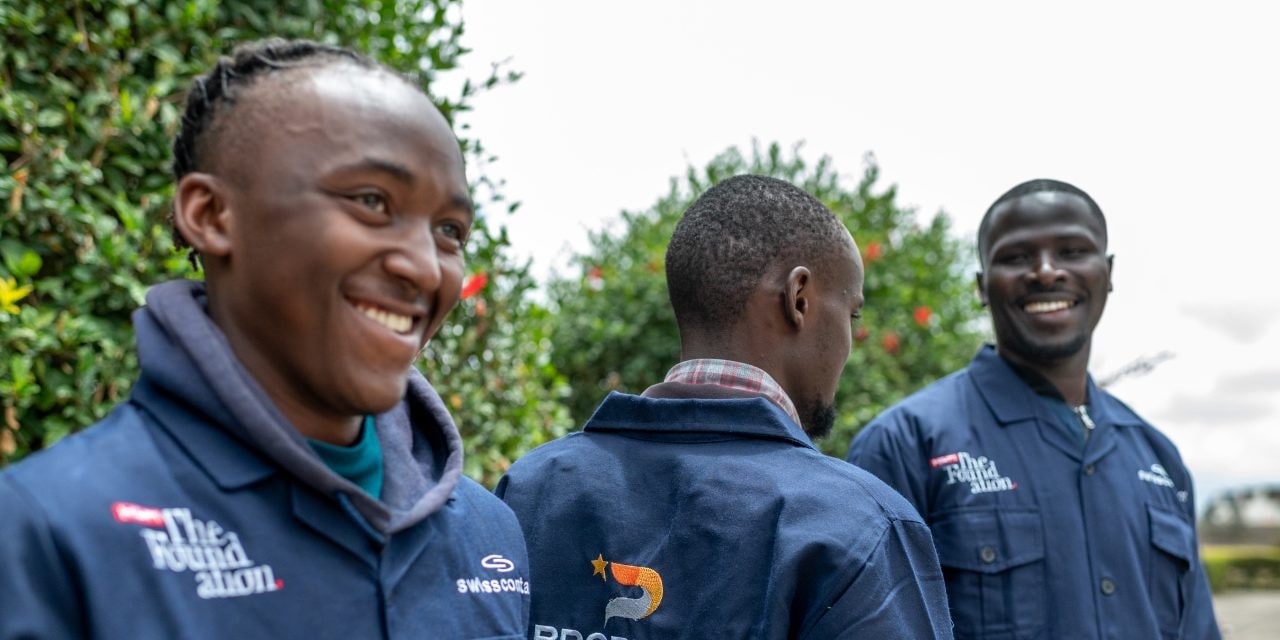
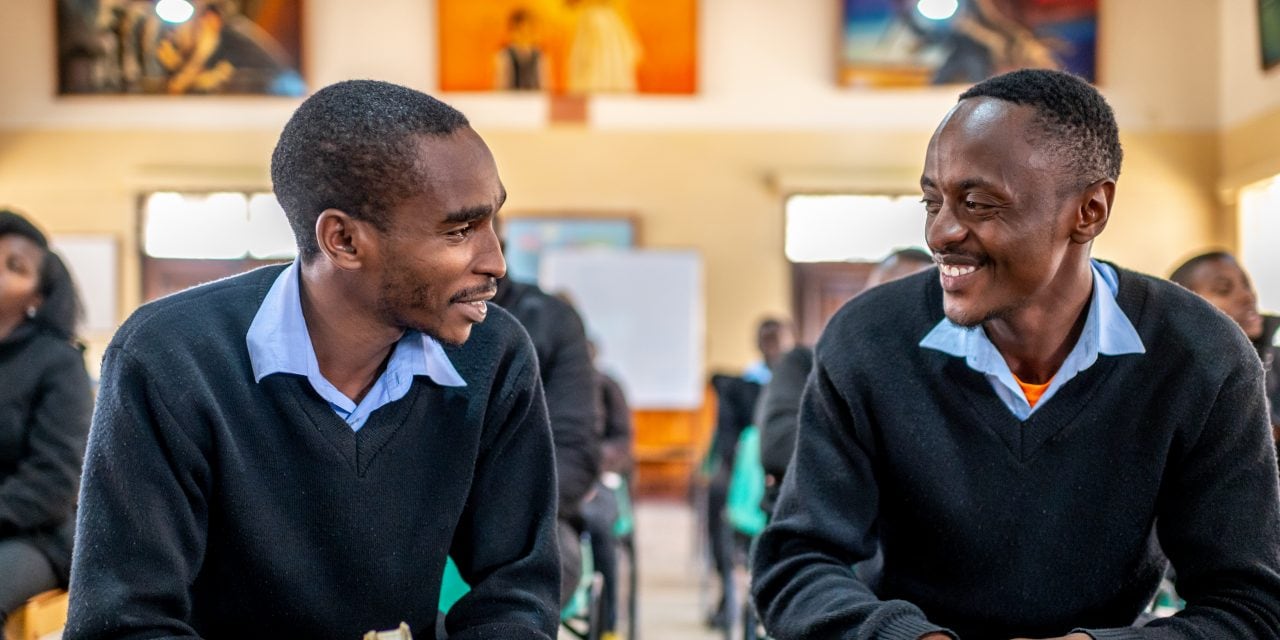
A future of financial independence
At the end of their education, all apprentices will have the chance to earn enough money to live a better life, support their family and even accrue some savings.
She’s working hard to get her certificate and, hopefully, a job in another good company so that she can help improve the situation at home. "What I'm missing is the security of having a job at the end of school. But I guess things will flow, and we still have a long way to go."
Being financially independent and stable is her dream, allowing her to achieve a lot without bothering anyone. "I want to have financial freedom – it saves you a lot of drama. You can go where you want and have what you want." Her eyes light up as she speaks aloud.
Would you like to learn more about the Hilti Foundation’s Economic Empowerment initiatives? Follow our stories here.
Get to know: Ruth Wairimu
Name: Ruth Wairimu
Hometown: Muranga, Kenya, now living in Nairobi
Age: 22
Profession: Apprentice at Davies and Shirtliff. First year.
Family situation: I am the firstborn of two, raised by a single mom
Interests/Hobbies: I sing. I model. And I love going shopping for outfits and dressing up.
My favorite music: Rhythm and blues, some gospel
My future vision: I want to be financially free and independent.
If I had one wish: That my mom lives forever, without any pain, no matter her age.
And for myself: I wish to be my mom's main source of joy.
PropelA – A dual training model for Kenya
Inspired by the Swiss vocational training system and developed for the Kenyan market’s needs, the Hilti Foundation, together with Swisscontact and Kenyan experts, has launched PropelA, a training system for the electrical and plumbing trades. Public-private partnerships provide the theoretical and practical education required in the industry, giving young people excellent skills and the opportunity to earn a living as competent technicians. PropelA has been successfully implemented with a strong commitment from both the government and the private sector, with 24 leading Kenyan plumbing and electrical companies recruiting the first 100 trainees in November 2022. They will graduate with a national diploma after two years of training.
"With PropelA we want to create a lighthouse project that can be replicated in other construction trades and, over time, in other professions as well. We aim to bring about systemic change in East African countries," says Werner Wallner, Managing Director of the Hilti Foundation.
The Hilti Foundation’s Focus Area Economic Empowerment
Economic Empowerment is about providing people with the opportunity to earn their living. Training programs teach the skills they need to improve their economic prospects and sustain their livelihoods. Focusing on both the rural population and the younger generation in the cities of East African countries, we enable people to escape poverty and become part of an emerging middle class. Our commitment is divided into two initiatives:
- Enterprise development: together with our partners, we establish professional training and coaching models to transform microenterprises into professional businesses. Through this initiative, we are also committed to creating a favorable business environment in the target regions.
- Vocational training: This initiative aims to change training patterns for occupations in the construction sector by establishing public-private partnerships between local companies, relevant business associations, training institutions and the government.
